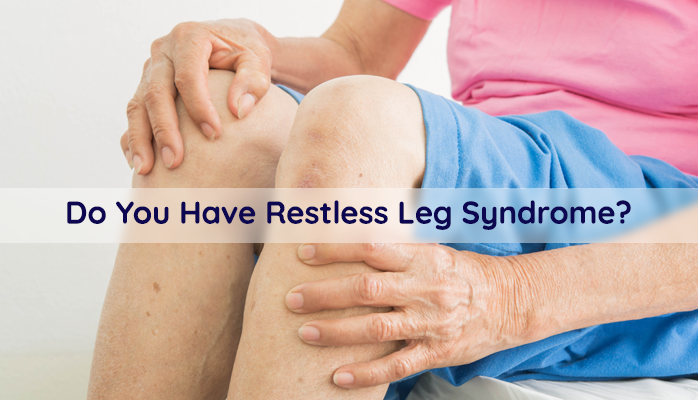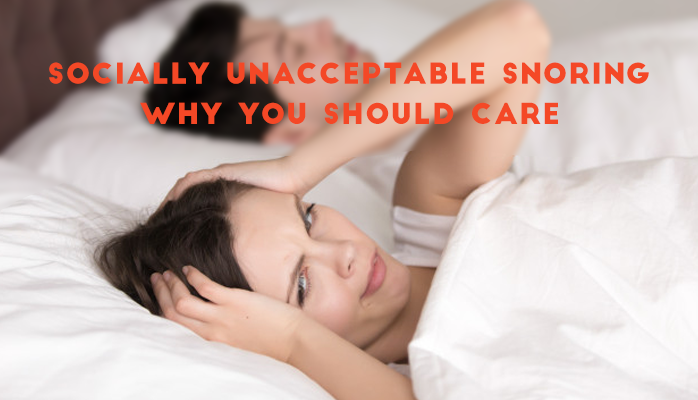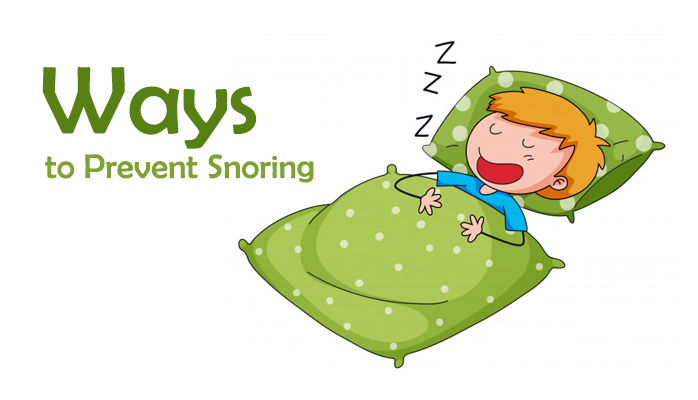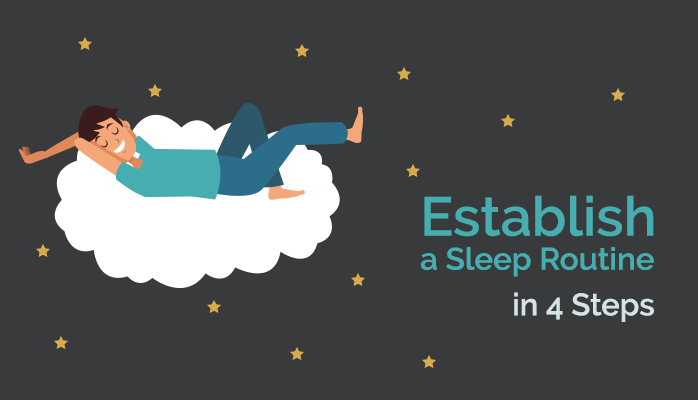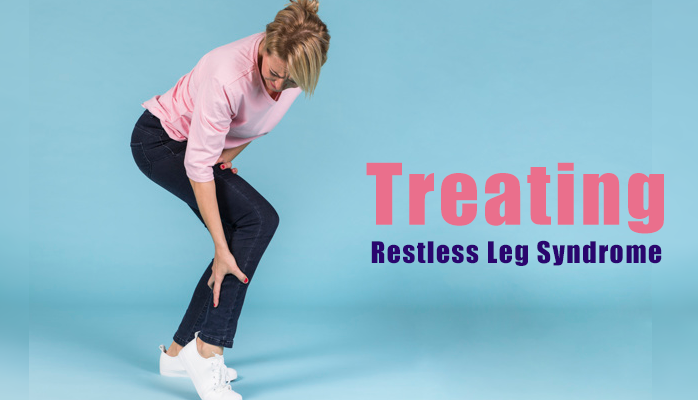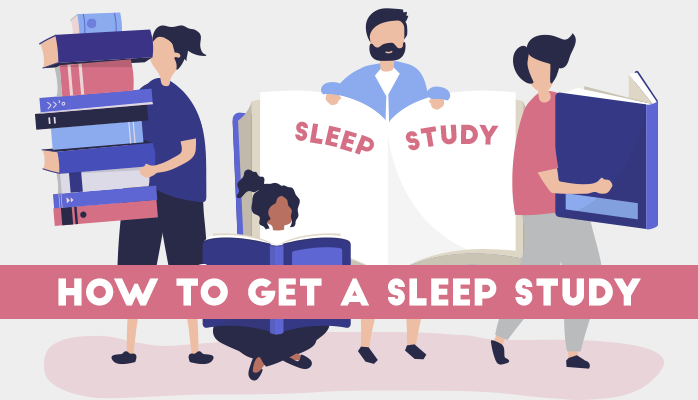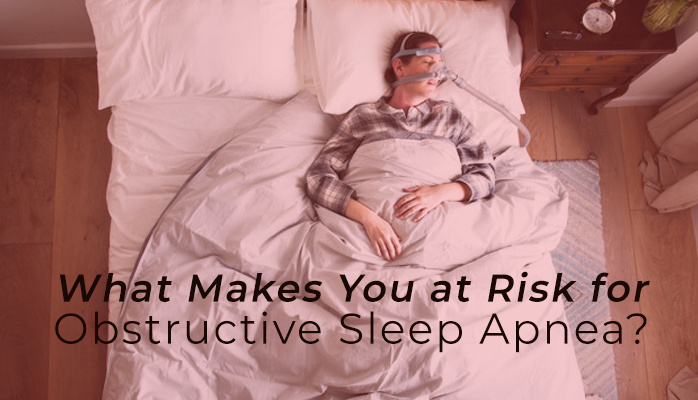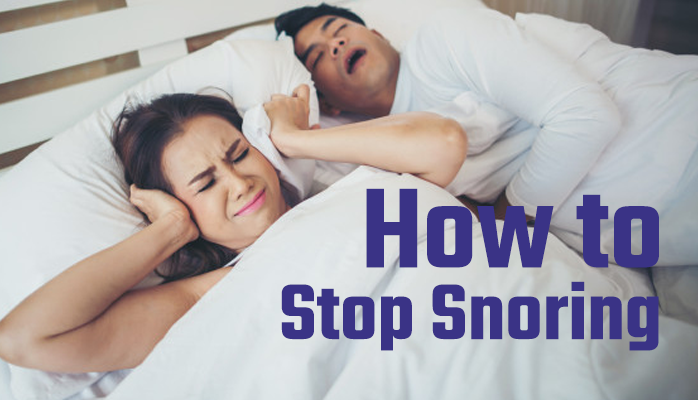The extreme lighting conditions in Alaskan summers can make it very challenging to keep a regular sleep schedule for a number of reasons, including:
- Sunlight or light all night long
- Doing shift work during summer (fishing, construction, etc.)
- Pressure to be packing in full schedule in short summer season
- Transitioning from Alaskan winters
- Pressure to be soaking up as much sunlight as possible
How much you struggle with the light depends on:
- How far north you are
- How sensitive you are to light
- What existing measures you take to ensure good sleeping habits
The primary concern here is the development or worsening of insomnia and circadian rhythm disorders, because our circadian rhythm (sleep/wake cycle, biological clock) is managed by melatonin, which in turn responds to light, dark, and changes in light and darkness.
During transition from light to dark, we produce melatonin (makes us go to sleep), and during transitions from dark to light we repress melatonin (makes us wake up). Without these transitions in Alaska, it can be much harder for our body to have the clues needed to produce melatonin at night and get to sleep.


